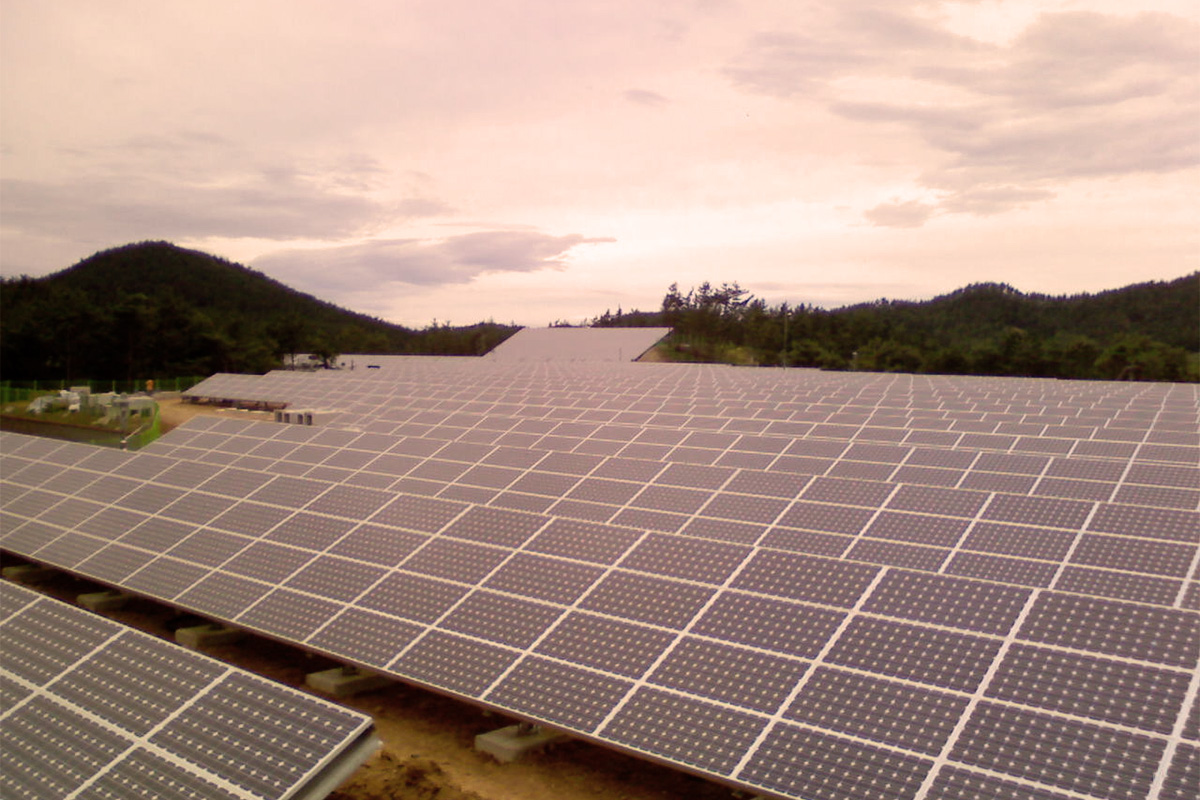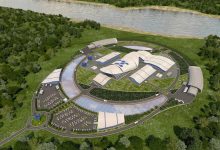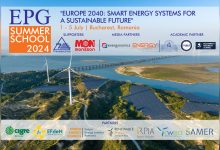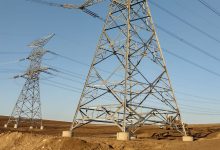Smart Specialisation
The Smart Specialisation Platform on Energy (S3PEnergy) was the focus of an event in Brussels on 25 January 2018. The platform, organised by the European Commission, facilitates partnerships between EU regions that plan investments in energy innovation and assists them to use funding more effectively. Five interregional partnerships that bring together sixty European regions have been created so far, in bio-energy, solar energy, renewable marine energy, smart grids and sustainable buildings.
Sixty European regions get ready to develop joint energy projects
The event was a chance for representatives of the regions involved, universities, the Commission, the European Committee of the Regions and the European Parliament to discuss their mutual collaboration so far, key lessons learnt, and avenues for action in the future. The regions will now move on to the practical phase: implementing pilot activities and defining business and funding plans.
S3PEnergy will help to identify and combine EU funds to finance projects, in line with the EU’s Energy Union strategy and the EU Plan in strategic investments in jobs and growth. Furthermore, two of the partnerships, in sustainable buildings and renewable marine energy, were recently selected to receive tailored support under a new EU-funded pilot action for interregional innovation.
Smart Specialisation Platform on Energy
Energy is a topic with high interest amongst the Member States and regions registered in the S3 Platform. These strategies set priorities at national and regional levels to build competitive advantage by developing and matching research and innovation (R&I) own strengths with business needs, to address emerging opportunities and market developments in a coherent manner, while avoiding duplication and fragmentation of efforts. They may take the form of, or are included in, a national or a regional R&I strategic policy framework. In this context, there is an emerging need to align innovation roadmaps across EU policies and territories. There is also an upcoming challenge in accompanying the implementation of innovation strategies with the appropriate methodological development and related tools, with regard namely to benchmarking, trans-national cooperation and mutual learning.
The Smart Specialisation Platform on Energy (S3PEnergy) is the space where MS, regions and community members receive support for the optimal and effective uptake of Cohesion Funds for sustainable energy.
The main objectives of the S3PEnergy are:
- To support the implementation of the smart specialisation strategies of those regions/countries that have chosen energy-related priorities, in particular as regards energy innovation activities at (sub)national, regional and local levels;
- To assist countries in the uptake of the Cohesion Policy funding opportunities for energy.
The S3PEnergy will contribute the EU energy policy priorities by facilitating partnerships between EU regions that have identified renewable energy technologies and innovative energy solutions as their smart specialisation priorities and by promoting alignment between local, regional, national and European activities on energy sustainability, competitiveness and security of supply.
The S3PEnergy is addressing energy issues as part of the European efforts to achieve a shared vision on knowledge-based energy policy in regions and to encourage the financing of viable investments in Europe in line with the EU’s Energy Union strategy and the EU Plan in strategic investments in jobs and growth, the latter to be realised through the European Fund for Strategic Investments (EFSI). Numerous activities foreseen in the EU’s Energy Union five dimensions including a fully-integrated internal energy market, supply security, energy efficiency, emissions’ reduction and research and innovation in low-carbon technologies need to be put in practice at local or regional level. Despite these activities rely on local potential they need to be also consistent with EU broad energy policy objectives; therefore, the S3PEnergy will step-in to assure the developments in a coherent manner.
The ultimate objective of the S3PEnergy is to contribute to the shift towards a low carbon economy by 2050 and to respond to some of the societal challenges identified in the EU 2020 Strategy. The EU has set out plans for a new climate and energy policy framework. Europe is determined to reduce its greenhouse gas emissions by 40% by 2030 compared to 1990. Hence, there is a clear link between innovation and the EU’s energy and climate targets.
Energy in Cohesion Policy
The S3PEnergy is addressing energy issues as part of the European efforts to achieve a shared vision on knowledge-based energy policy in regions. Activities initiated at local or regional level should be developed in a more coherent manner: although they rely on local potential, they have to be also consistent with EU broad energy policy objectives. The goal is to better align local and regional activities through the identification of the technologies and innovative solutions that contribute to the EU energy policy priorities. These priorities include sustainability, competitiveness and security of supply.
Funding opportunities
During the programming period 2014–2020, EU Structural and Investment Funds (ESIF) play an essential role in promoting innovation in the field of energy, developing ICT applications in the field of energy, supporting SMEs and boosting the shift towards a low-carbon economy in all sectors. Around EUR 40 billion will be allocated by the Cohesion Policy funds (ERDF, ESF and CF) to these objectives in the energy field. They include interventions in energy efficiency, renewable energy, smart distribution grids and sustainable urban mobility, as well as R&I in these areas, in complementarity with Horizon 2020.
Cohesion Policy is thus making an increasingly important contribution towards EU challenges for clean, efficient and secure supply of energy. The allocated amounts for low-carbon economy represent more than a doubling of funding compared to the previous programming period. Although Cohesion Policy funds will offer significant opportunities, their substantial extension will also represent an important challenge in terms of the readiness in the Member States and regions for their uptake. The absorption capacity of regions will become an issue. Moreover, the combination of Cohesion Policy funds with research financing, like Horizon 2020, will require learning and creative thinking. Finally, it is important to make sure that EU funding will leverage additional national public and private co-financing.






